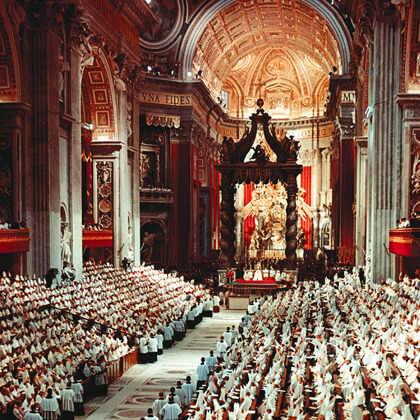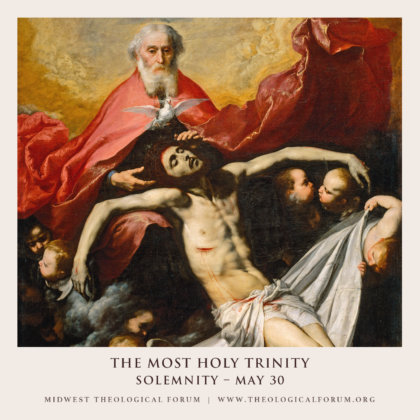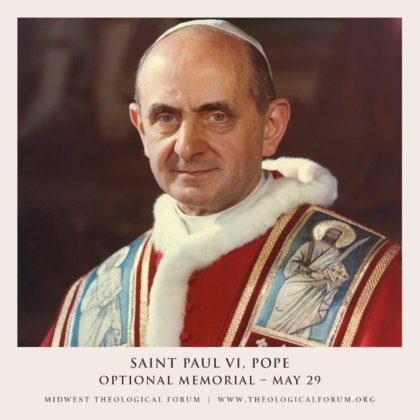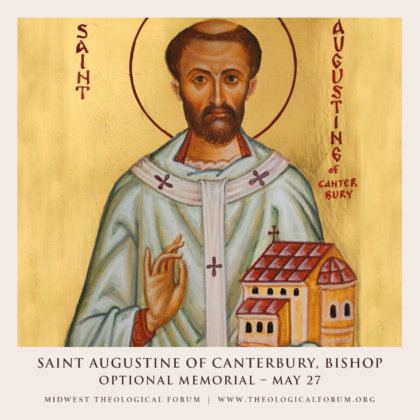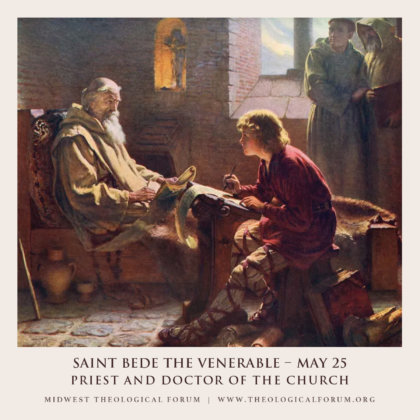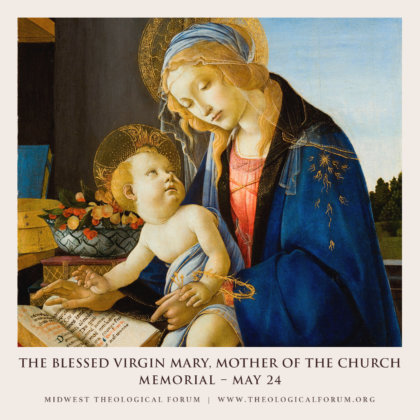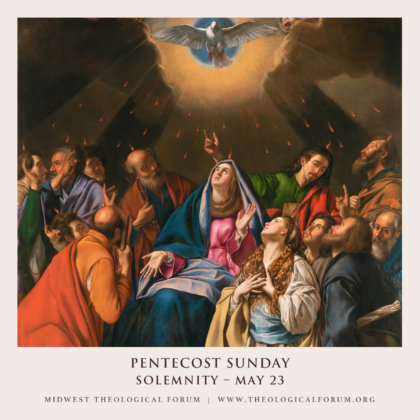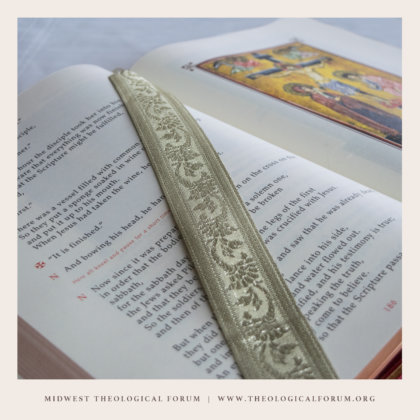*** *** *** “Go therefore and make disciples of all nations, baptizing them in the name of the Father and of the Son and of the Holy Spirit, teaching them to observe all that I have commanded you; and lo, I am with you always, to the close of the age.” (Mt 28:19-20)
~ The Solemnity of the Most Holy Trinity is celebrated today, the Sunday following Pentecost… “I will not leave you orphans; I will come to you!” (Jn 14:18)

